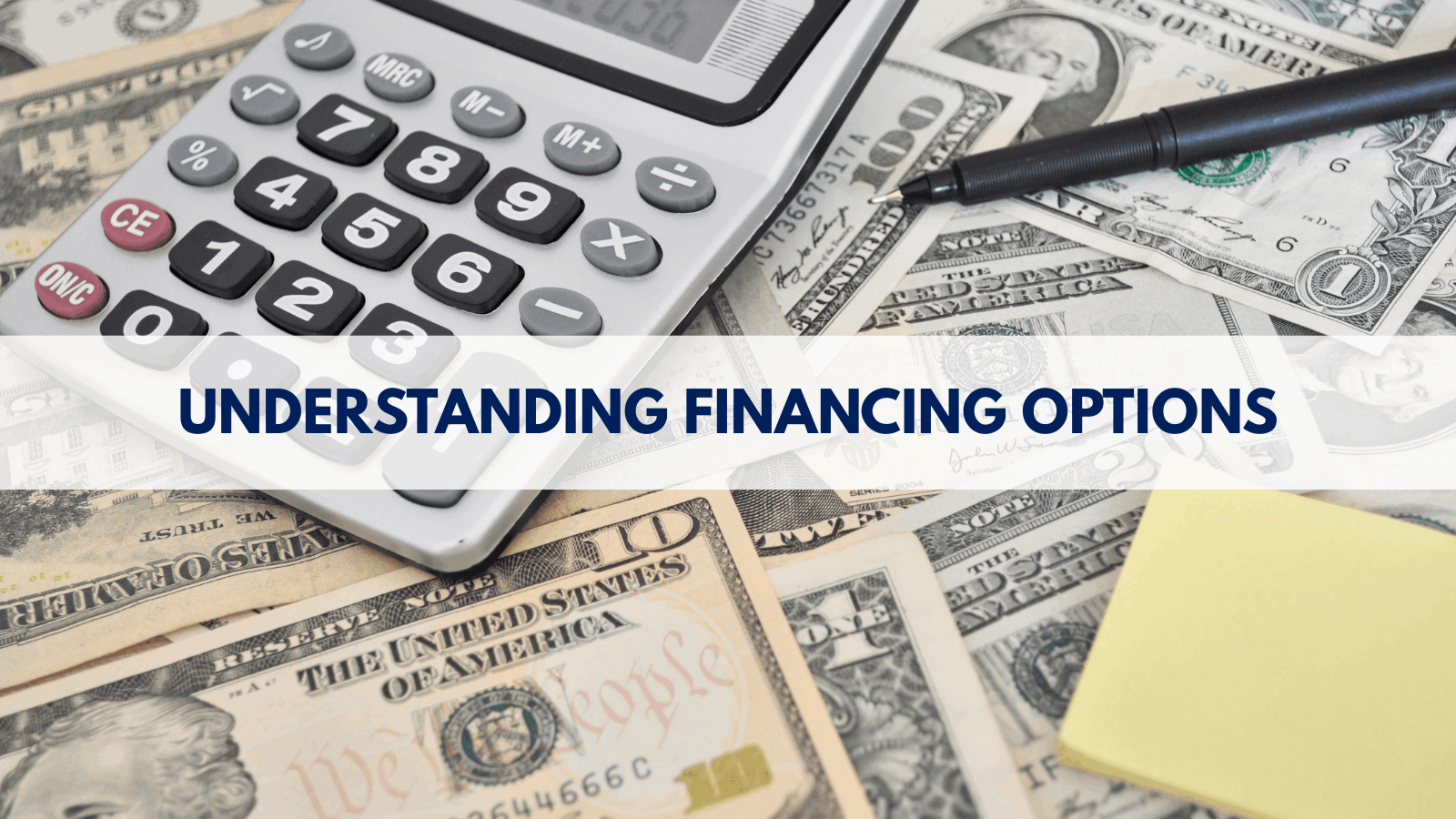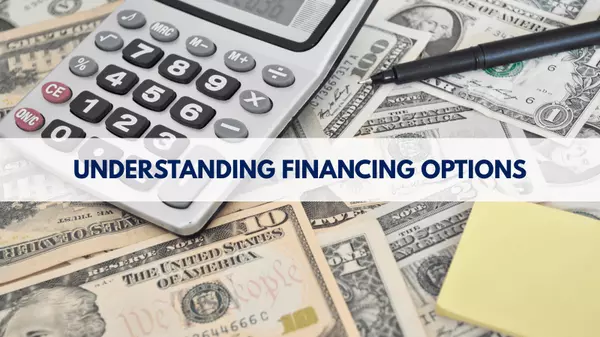What Sellers Should Know About Buyer Financing Types: FHA, VA, and Conventional
What Sellers Should Know About Buyer Financing Types: FHA, VA, and Conventional

When you’re selling a home, not all offers are created equal. The type of financing a buyer uses can affect everything from how quickly the deal closes to how likely the sale is to fall apart. As a seller, understanding the key differences between FHA, VA, and Conventional loans can give you a clearer picture of your offer’s strength—and maybe save you some headaches down the road.
FHA Loans: The Friendly Neighbor Loan
FHA loans are backed by the Federal Housing Administration and are designed to help buyers who might not have perfect credit or a large down payment. While FHA loans are often associated with first-time homebuyers, they’re not exclusive to them. Many repeat buyers, investors, and those refinancing also use FHA financing.
What sellers should know:
-
FHA loans have more lenient credit requirements and require a minimum down payment of 3.5%.
-
The appraisal process is typically more stringent, with appraisers scrutinizing property condition to ensure it meets FHA standards.
-
FHA loans sometimes involve longer underwriting times, so patience is recommended.
Offer strength impact: FHA offers are solid but may come with contingencies related to repairs or property condition, so sellers should be prepared for possible negotiation on fixes.
VA Loans: The Veteran’s Advantage
VA loans are guaranteed by the Department of Veterans Affairs and are available to eligible veterans, active-duty service members, and some spouses. The big selling point? No down payment requirement.
What sellers should know:
-
VA loans often require a VA appraisal and a “minimum property requirements” inspection, which can uncover issues that need fixing before closing.
-
No down payment doesn’t mean no risk—VA buyers can be just as qualified as conventional buyers, but appraisal hurdles can slow things down.
-
Sellers can’t ask for a down payment or closing costs from the buyer, which can limit negotiation room.
Offer strength impact: VA offers tend to be strong but may have appraisal-related contingencies. If your buyer is a veteran, the loan is a valuable benefit—but be ready for the VA’s thorough inspections.
Conventional Loans: The Straight Shooter
Conventional loans are not insured or guaranteed by the government, which means buyers usually need stronger credit and a higher down payment (typically 5% to 20%).
What sellers should know:
-
Conventional loans often come with faster approvals and fewer property condition hoops.
-
Because buyers are often putting more money down, offers backed by conventional financing are generally seen as stronger.
-
Private mortgage insurance (PMI) may apply if the down payment is less than 20%, but this is on the buyer, not the seller.
Offer strength impact: Conventional loan offers usually carry the least risk for sellers and often close faster—like the reliable sports car of loan types.
How Sellers Can Use This Knowledge
Understanding these financing types helps you evaluate offers beyond just the price. A high offer with a shaky FHA or VA loan might carry more risk than a slightly lower offer backed by conventional financing. Don’t hesitate to ask your agent to dig into the buyer’s pre-approval letter and loan details.
And if you’re juggling multiple offers, consider:
-
Pre-approval status: Has the buyer’s lender fully approved their loan, or is it conditional?
-
Appraisal contingencies: How strict are the property condition requirements?
-
Down payment: Larger down payments typically mean less risk and more commitment.
The Bottom Line
No loan type is inherently “bad,” but each has quirks that affect timing, contingencies, and risk. Sellers armed with this knowledge can separate the “too good to be true” offers from the ones most likely to cross the finish line smoothly.
At TeamPete Realty Services, we understand the nuances of different financing types and how they impact your sale. Our experienced team is here to help you evaluate offers confidently and navigate the process to a successful closing.
Seller Q&A: Buyer Financing Types
Q: Does the type of financing affect how quickly my home will sell?
A: Yes, it can. Conventional loans often close faster due to simpler underwriting and appraisal requirements. FHA and VA loans sometimes take longer because of stricter property inspections and additional paperwork.
Q: Should I prefer one loan type over another when reviewing offers?
A: Not necessarily. Each has pros and cons. Conventional offers might seem stronger on paper, but FHA and VA buyers can be just as qualified. It’s about the whole package—price, contingencies, and buyer readiness.
Q: What happens if the appraisal comes in low?
A: With FHA and VA loans, low appraisals can trigger more repair demands or renegotiations due to their stricter standards. Conventional loans can also have appraisal contingencies, but they tend to be more flexible.
Q: Can FHA or VA buyers put less money down than conventional buyers?
A: Yes. FHA loans require as little as 3.5% down, VA loans often require no down payment, while conventional loans usually ask for at least 5%—sometimes up to 20%.
Q: Are FHA or VA loans riskier for sellers?
A: Not exactly “riskier,” but they may involve more hoops like appraisal and repair contingencies. Knowing these upfront helps you manage expectations and negotiate effectively.
Categories
Recent Posts











